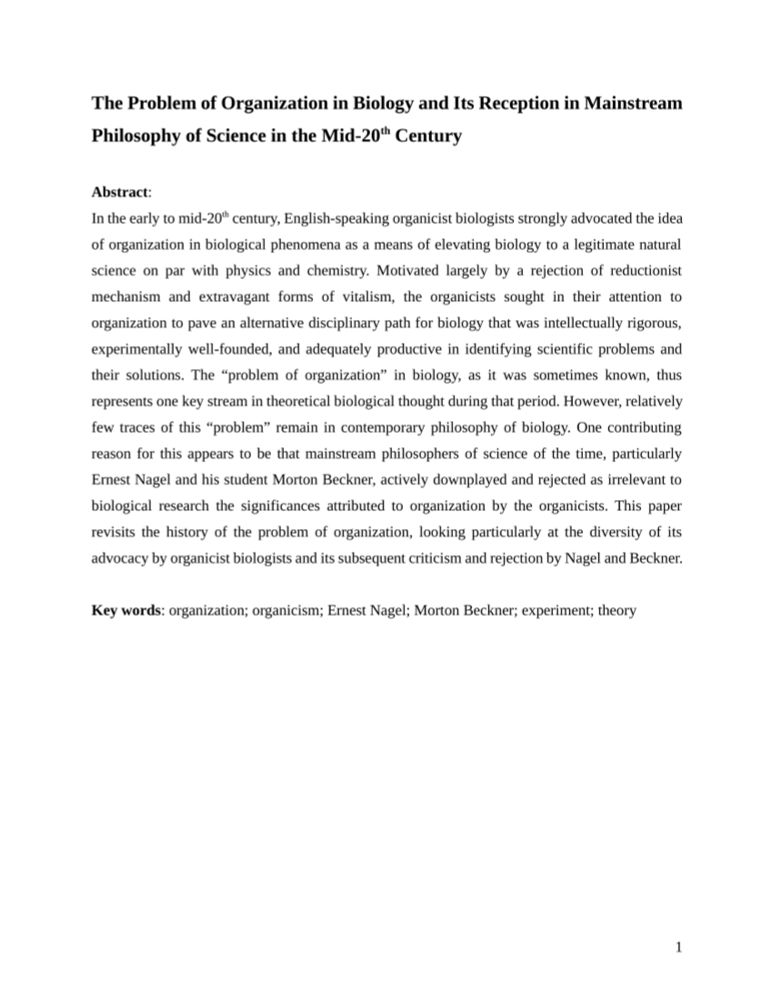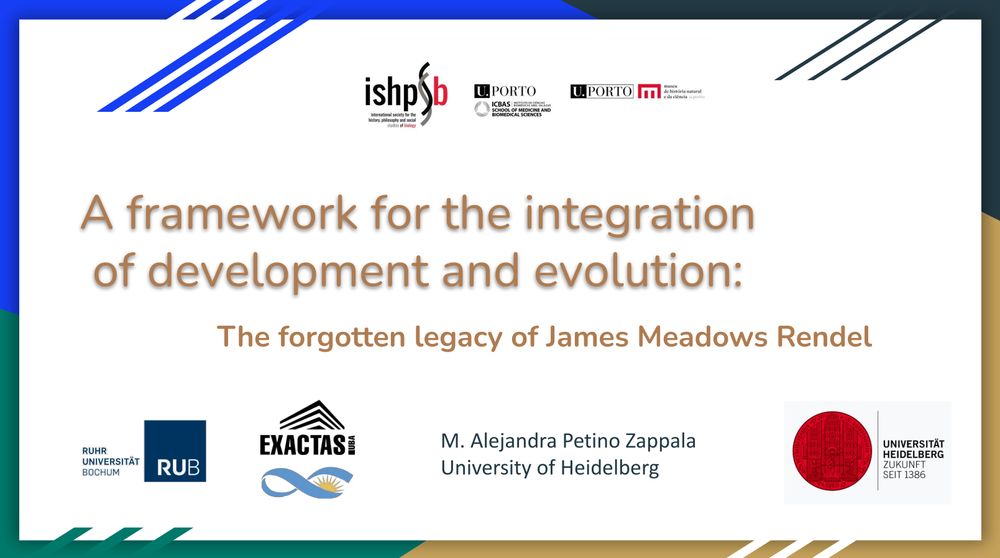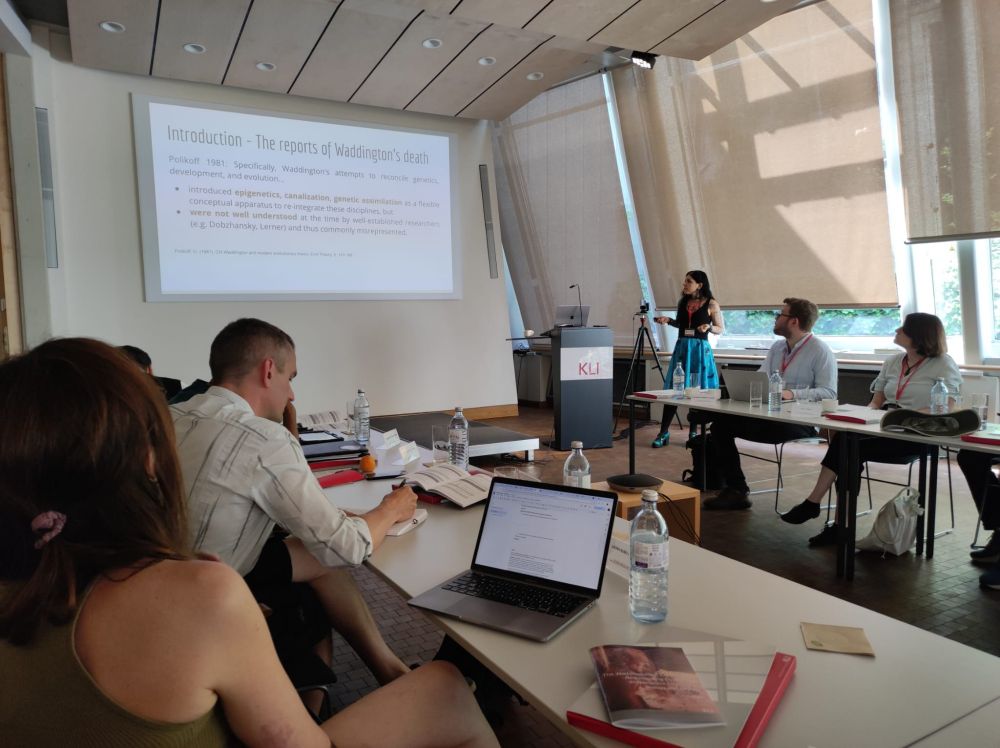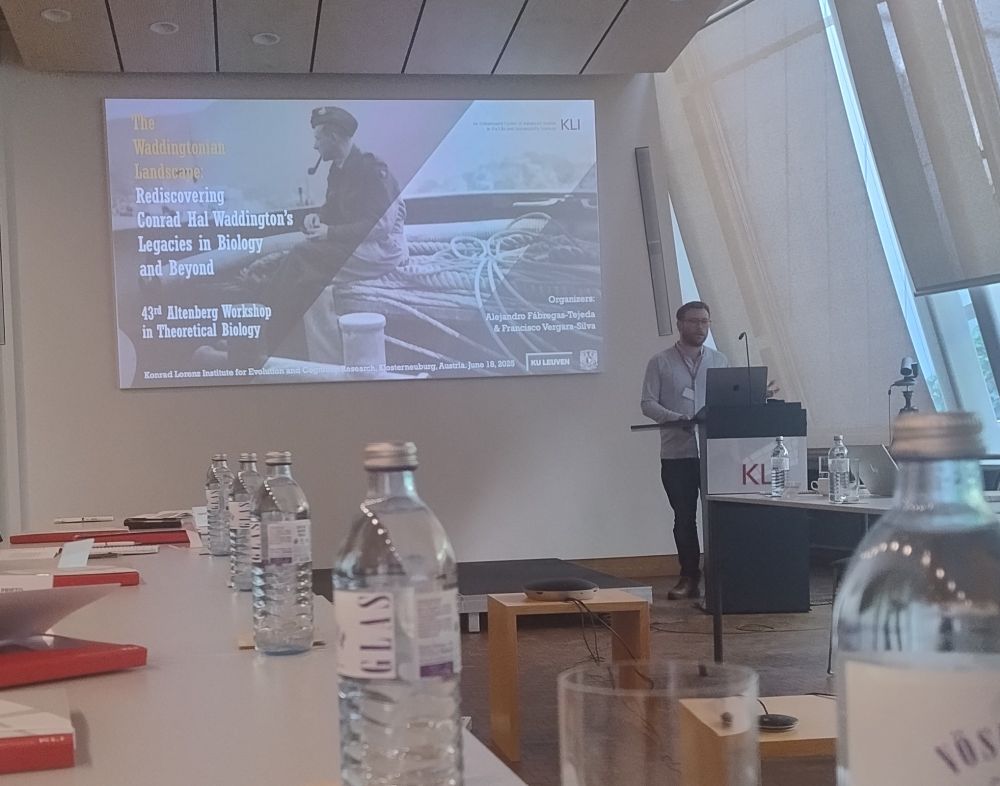
🇦🇷 in 🇩🇪
https://www.researchgate.net/profile/M-Alejandra-Petino-Zappala
Let's stand together against any queer- and democracy-hostile tendencies! 🏳️🌈

Let's stand together against any queer- and democracy-hostile tendencies! 🏳️🌈




You can read the paper here:
www.sciencedirect.com/science/arti...

You can read the paper here:
www.sciencedirect.com/science/arti...



https://t.co/bKSokaHsCr https://t.co/deqNDZY2Vf
https://t.co/bKSokaHsCr https://t.co/deqNDZY2Vf
https://t.co/xQ0xLB55IZ
https://t.co/xQ0xLB55IZ
https://t.co/KM4ItXyFl1
https://t.co/KM4ItXyFl1
no correlation 😶 - yes correlation 🙂 https://t.co/AZ4pSz2xrP
no correlation 😶 - yes correlation 🙂 https://t.co/AZ4pSz2xrP


